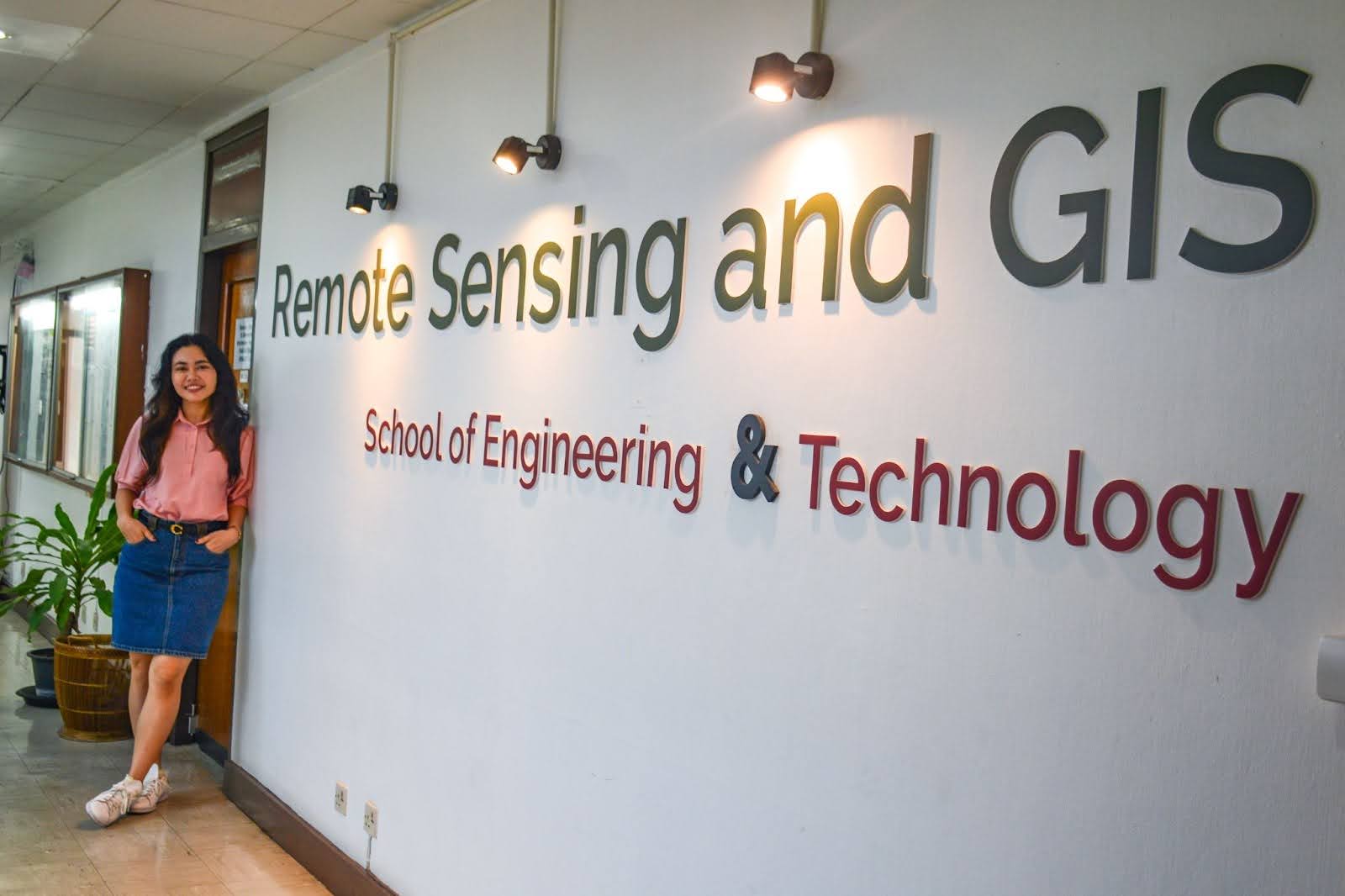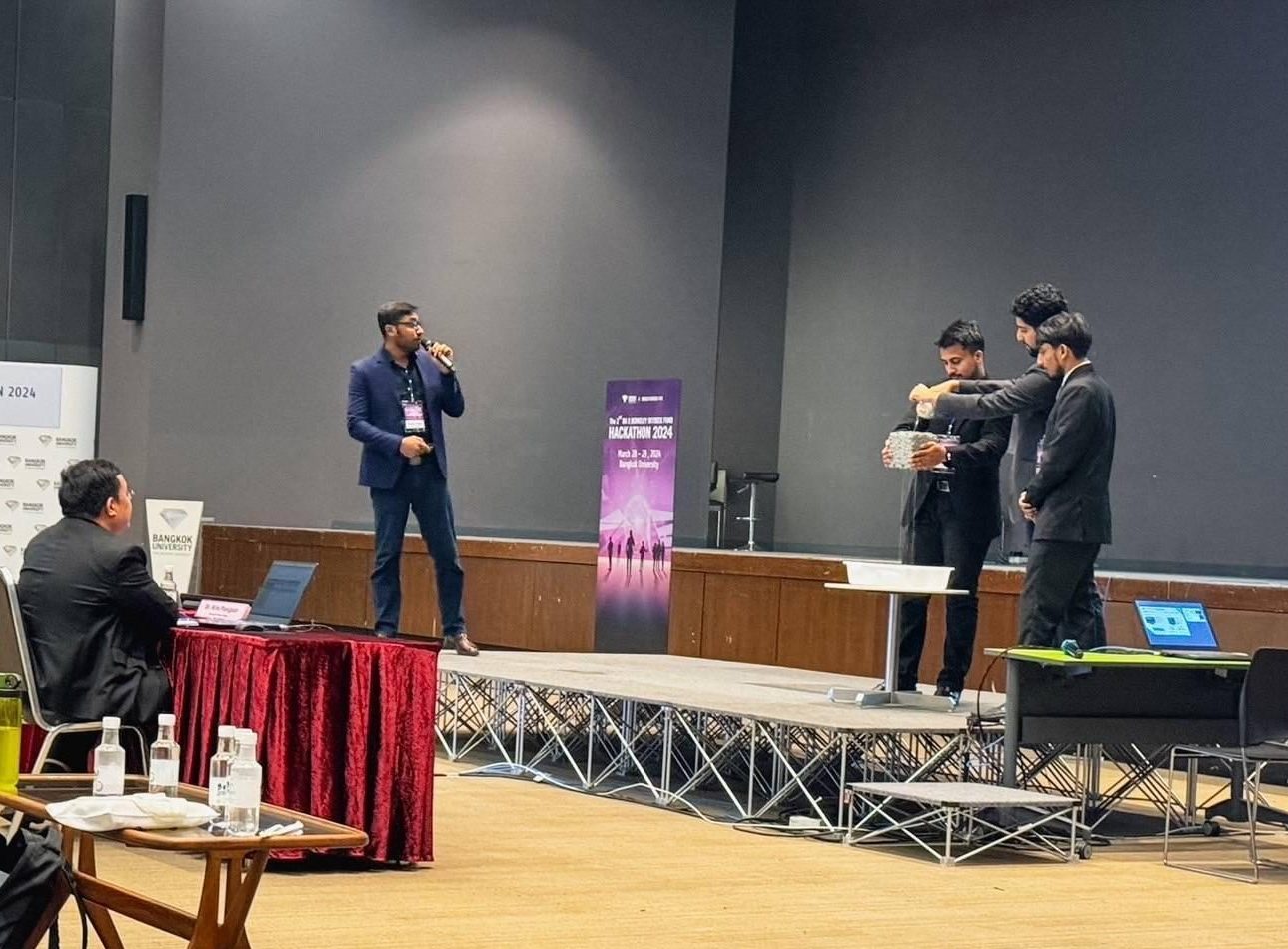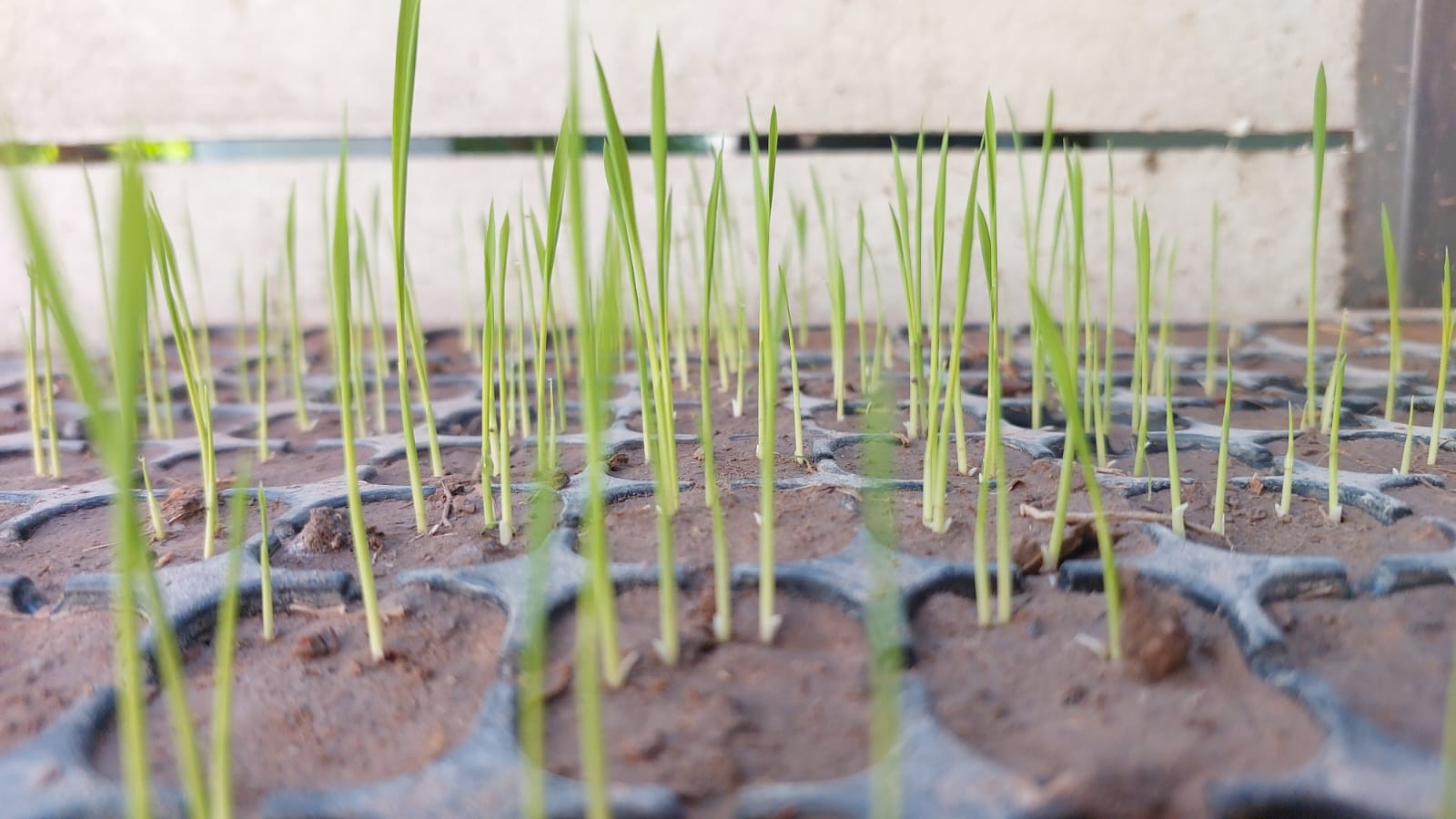Gas Emissions in South Asia
Greenhouse Gas (GHG) emissions in five South Asian countries –
Bangladesh, Bhutan, the Maldives, Nepal and Sri Lanka – could be
reduced by one-fifth by 2020 at a reasonably low cost in case they
adopt clean technologies. This is a finding of a study co-authored by
AIT’s Professor Emeritus Ram Manohar Shrestha titled “The Economics of
Reducing Greenhouse Gas Emissions in South Asia,” which has been
recently published by the Asian Development Bank (ADB).
Prof Shrestha was the lead consultant to the ADB in carrying out the
study under the first part of the Bank’s regional technical assistance
project titled “Regional Economics of Climate Change in South Asia
(RECCSA)”.
Prof. Shrestha revealed that there is a potential to reduce 13.3
million tons (about 10 per cent ) of CO2 equivalent of greenhouse gases
(GHG) emissions in these five countries in 2020 by deploying ‘no
regret’ cleaner technology and resource options. The cleaner options
have the potential to reduce 20 per cent of the GHG emissions in 2020
at an incremental abatement cost of 10 USD per ton of CO2.
The study identifies several clean, low-cost technology options
including replacing fossil fuel generation with renewable or cleaner
energy such as solid waste or gas; using more fuel-efficient or greener
technologies like energy-efficient irrigation pumps, solar cookstoves,
electric or more efficient diesel vehicles and biodiesel fishing
vessels.
The study states that the total primary energy needs of these five
countries in 2030 would be 2.4 times that in 2005 in the absence of
climate change policies and that the total energy-related GHG emissions
from the five countries would increase from around 58.2 million tons of
CO2 equivalent in 2005 to 244.7 million tons by 2030. “Countries need a
new look at their resource and energy options in order to develop a
low-carbon path that can provide sustained high economic growth and
simultaneously abate GHG emissions,” it says.
The report focuses on cleaner technologies that promote low-carbon
development and climate change mitigation; and adaptation to climate
change impacts. Coauthors of the report include Mahfuz
Ahmed, Suphachol Suphachalasai and Rodel Lasco.
The report can be accessed at this
link.
An ADB press release issued on the report can be read at this
link.







